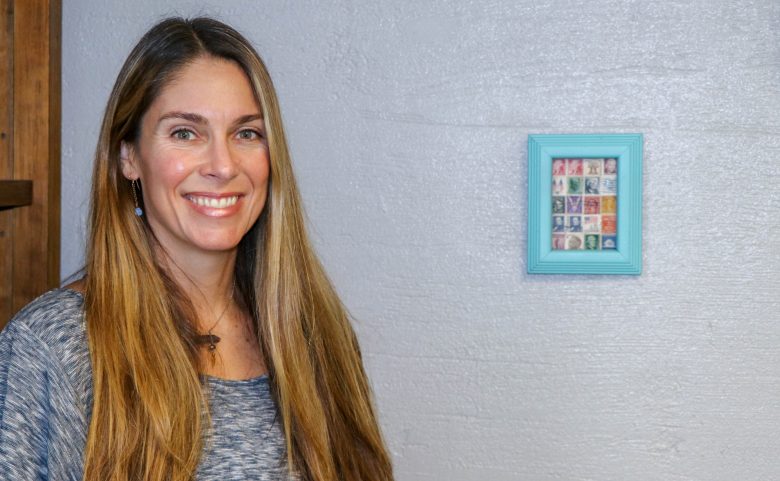In honor of National School Psychology Awareness Week (November 12-16 2018), we’re introducing you to each of our 10 school psychologists, and letting them explain what their jobs in our schools look like. They’re also going to debunk some common misconceptions about their roles (hint: they do not have fainting couches in their offices).
Meet: Deborah Hart
What specific elements of your job are you particularly passionate about?
I am passionate about parent engagement, whole family care, and finding ways to connect families with resources to improve outcomes for students. I am working at the pre-kindergarten level because I believe early intervention can keep smaller developmental issues from becoming larger skill gaps or behavioral concerns later on, and because I believe early intervention can lead to ending the need for special services in individual cases. Helping kids and families partner with the community as well as the schools to receive as much help and support as possible can lead to faster and more comprehensive positive outcomes for our kids. I am excited we have added social workers to our support team to help get that message out and put this into practice for even more of our HCPS students and their families!
What’s something about special education services people might not know about?
Children are eligible for special education services birth to kindergarten – before they are even in grade school. Children aged 0-3 can go to local Children’s Developmental Services Agencies and receive an Individualized Family Service Plan (IFSP), and can then transition right to Henderson County Public Schools and potentially receive an Individualized Education Program (IEP). This can follow with them into Kindergarten to provide support when needed.
What exactly are IFSPs and IEPs, and how do they differ?
The main difference is that an IFSP, administered in a child’s infancy, is geared toward the child’s family and the individualized services they need to support the child at home. Whereas an IEP is specifically focused on the child’s educational needs and developed for students aged 3-21 who qualify for special education. In our district, the student’s IEP team will usually include a school psychologist, a representative from Exceptional Children, school administrators and teachers, specialists like speech therapists, and parents.







